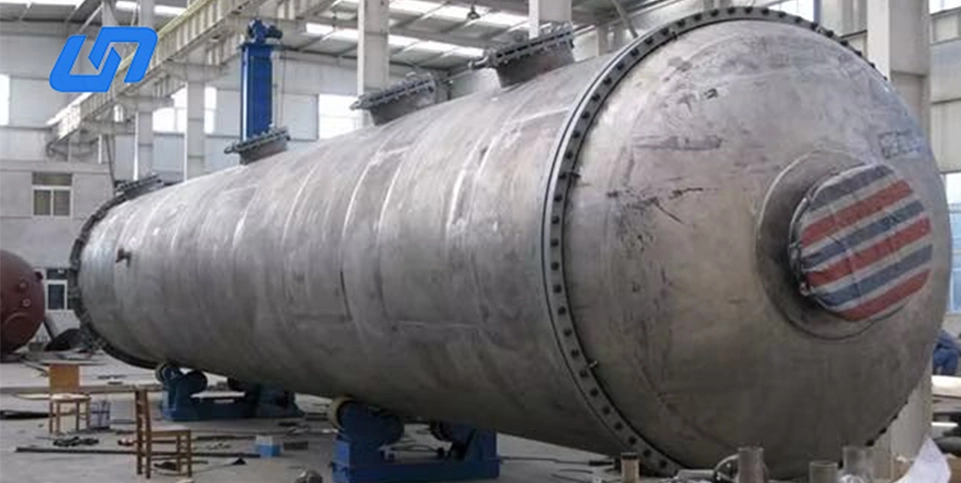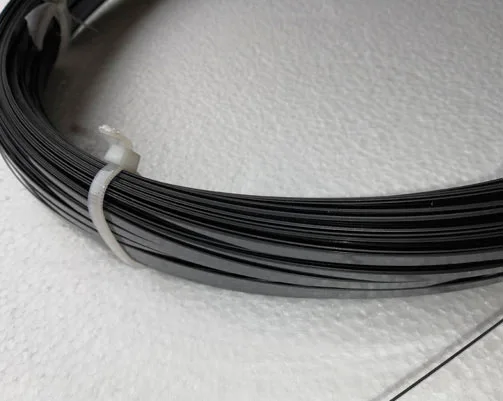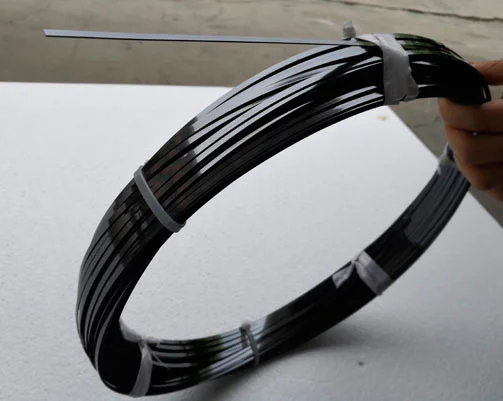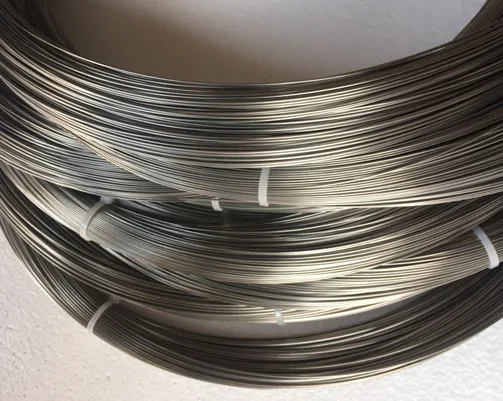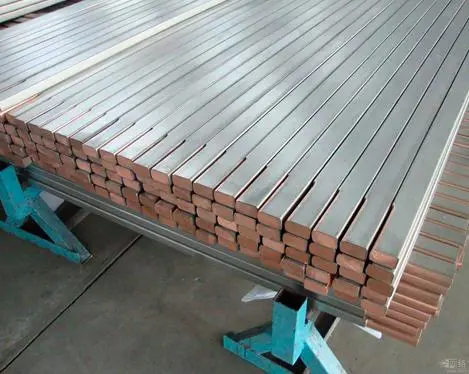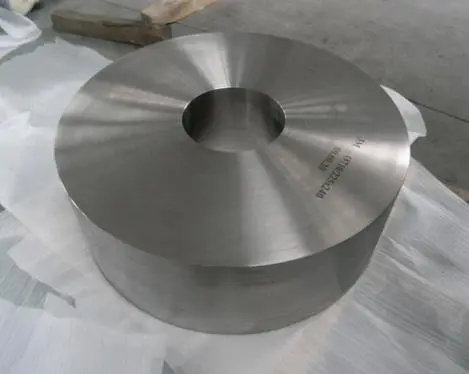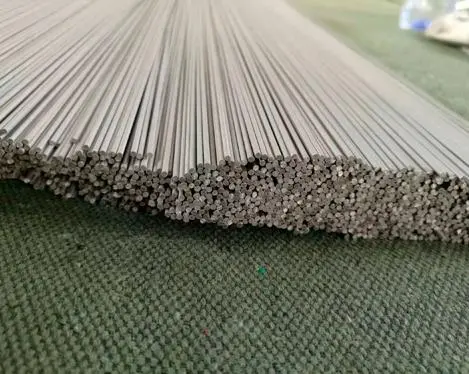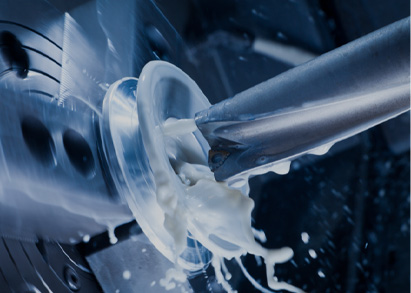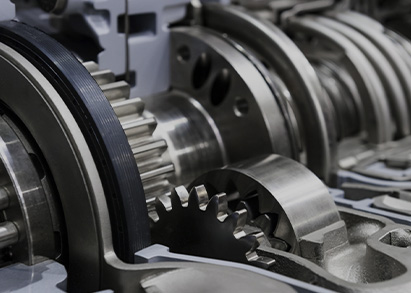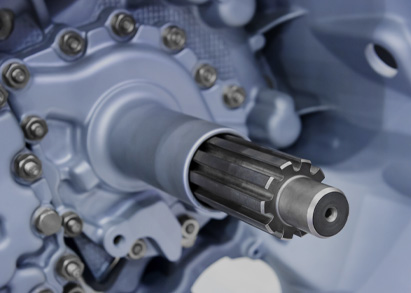Titanium Heat Exchanger
Esterification Tower
Titanium Sterilization Tank
Falling-film Evaporator
Titanium Venturi
Titanium Piping
Titanium Pipe Fittings
Titanium Fasteners
Titanium Plate
Titanium Sheet
Titanium Tube Sheet
Titanium Foil
Titanium Strip
Titanium Clad Steel Plate
Porous Titanium Sheet
Titanium Mesh Sheet
Titanium Casting
Seamless Titanium Tube
Welded Titanium Tubing
Gr5 Titanium Tube
Titanium Capillary Tube
Titanium Retangular/Square Tube
Titanium Coil Tube
Titanium Sputtering Target
Sintered Titanium Tube
Nitinol Tube
Titanium Rod
Titanium Block
Titanium Square/Hex Rod
Titanium Hollow Bar
Titanium Threaded Rod/Bar
Titanium Welding Wire
Titanium Wire
Titanium Clad Copper Rod
Nitiol Wire
Ruthenium Coated Titanium Anodes
Iridium Coated Titanium Anode
Platinized Titanium Electrodes
PbO2 Titanium Anode
Titanium Basket
Titanium Cathode Plate
×

 English
English 